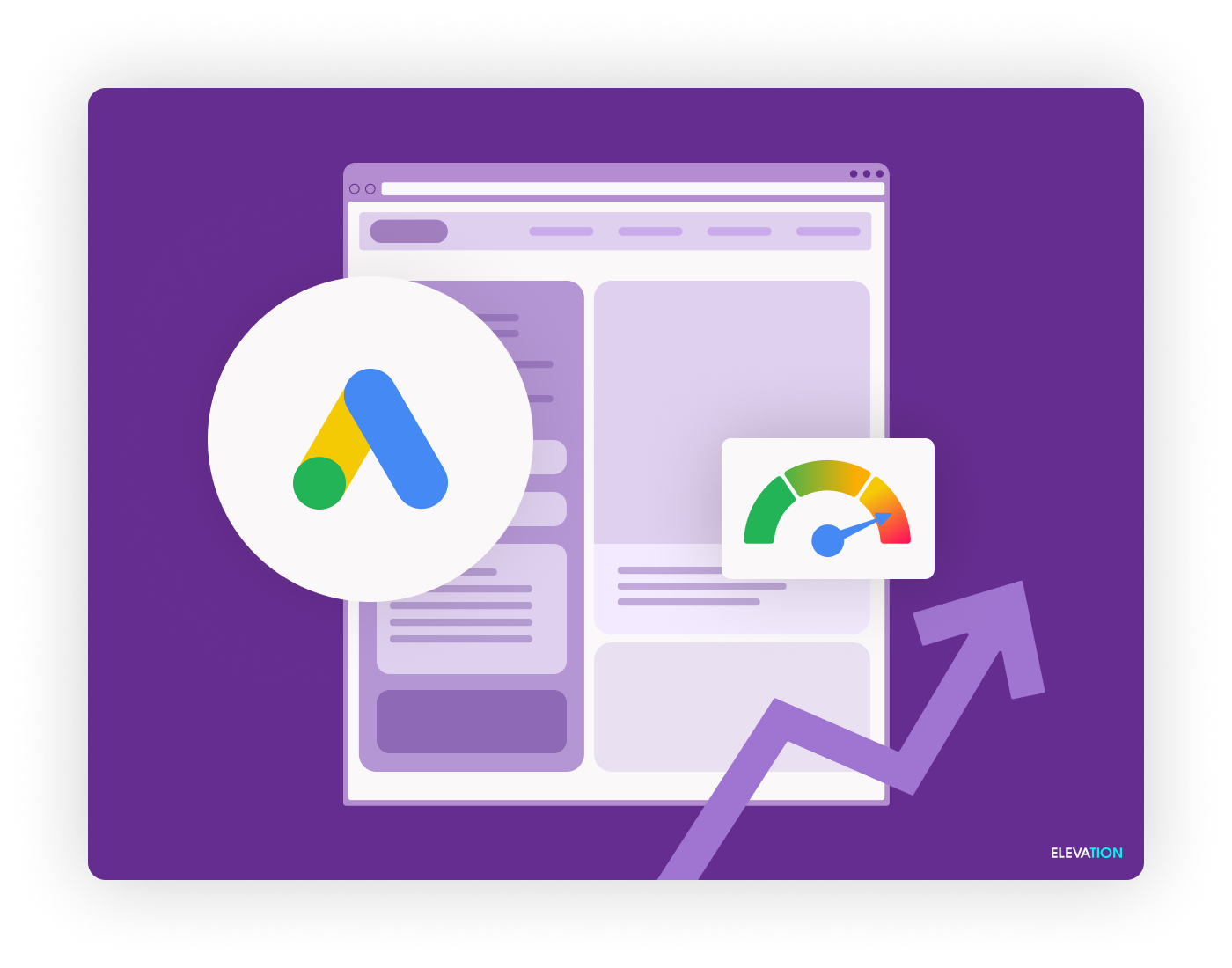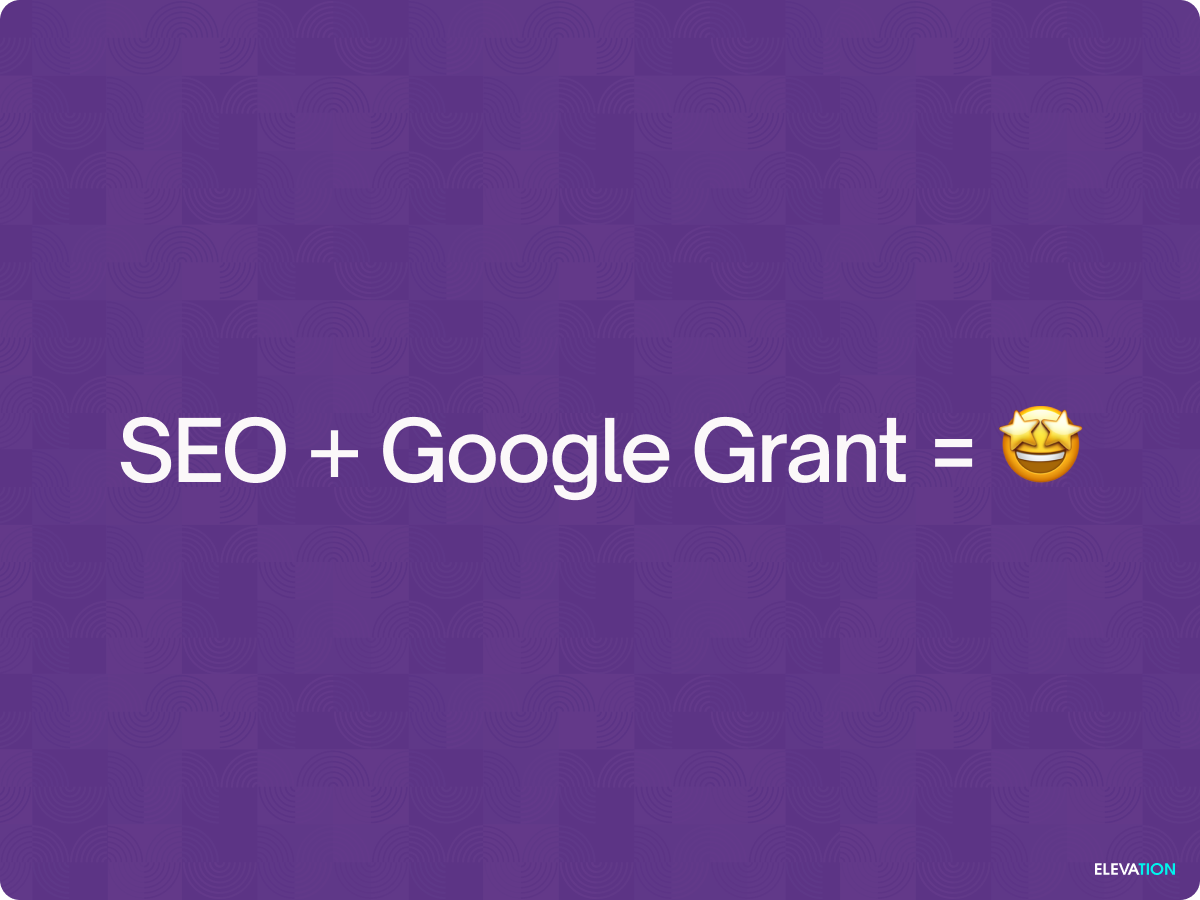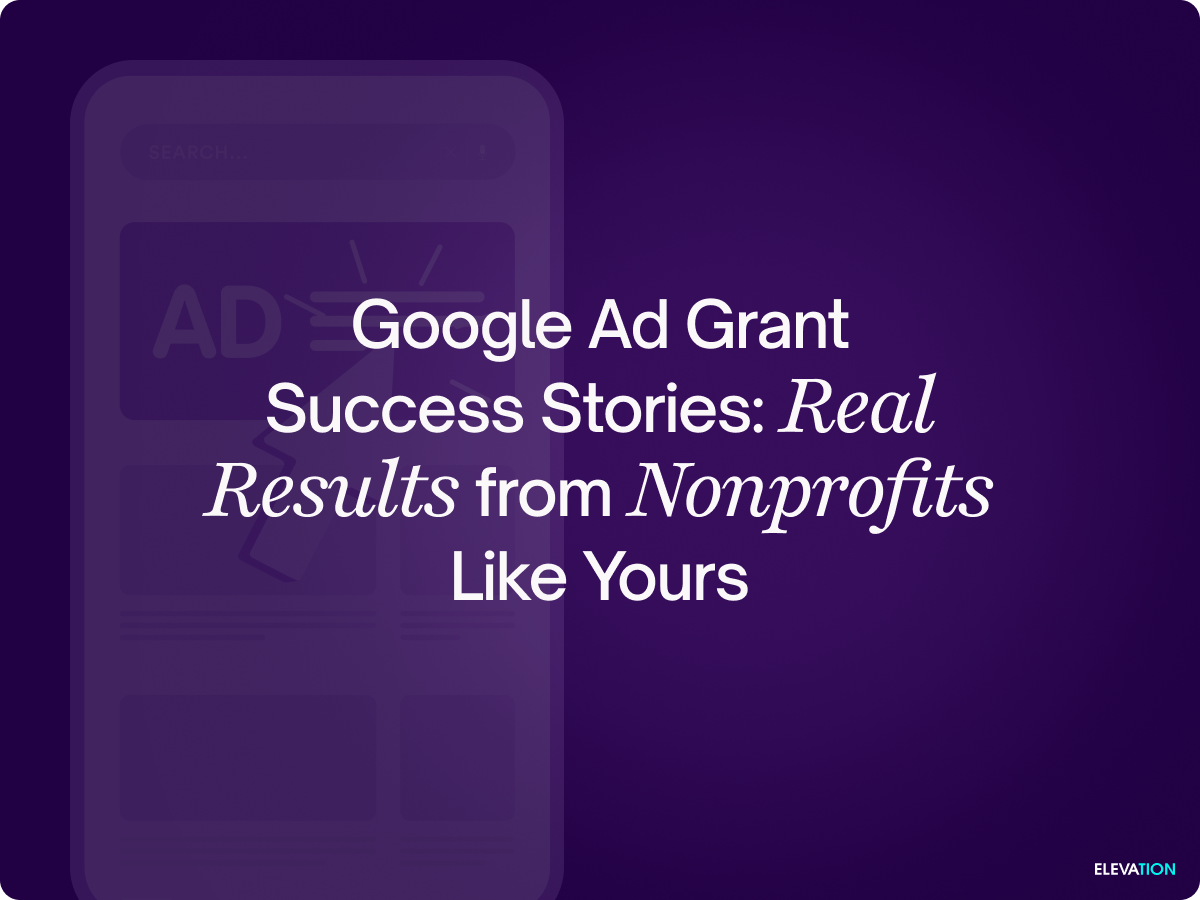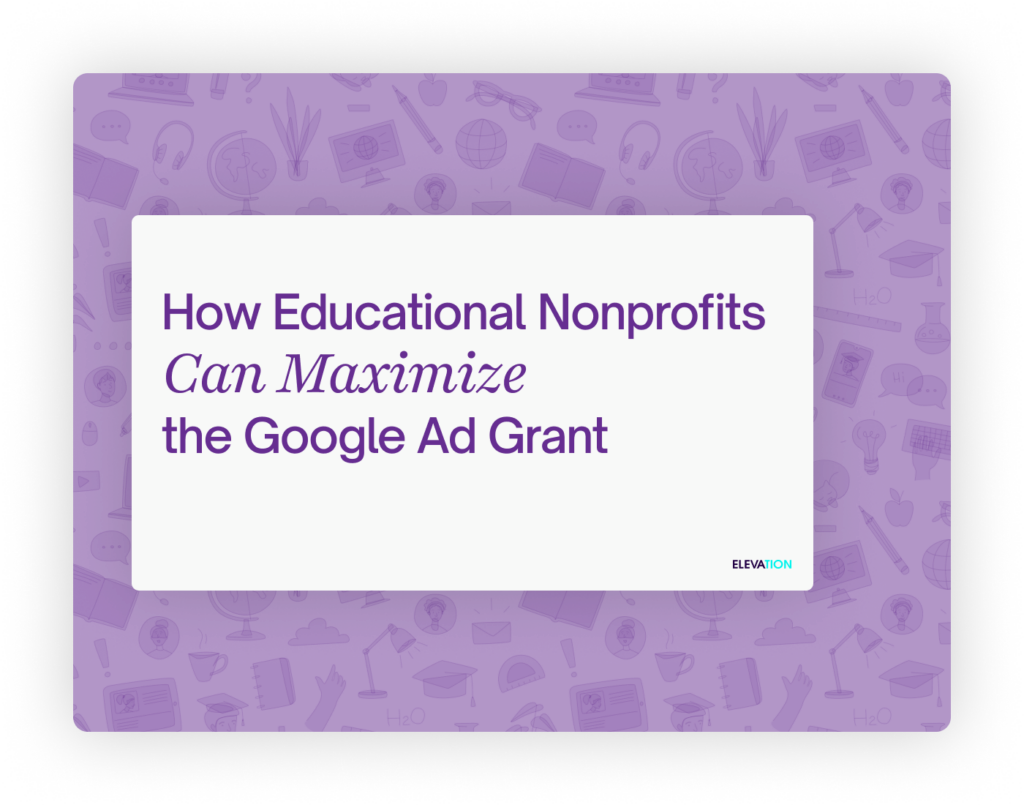
Tips for Getting the Most Out of the Google Ad Grant
For educational nonprofits, reaching the right audience is critical to fulfilling their mission. However, with limited budgets, it can be challenging to establish a strong digital footprint. The Google Ad Grant offers an invaluable solution, providing up to $10,000 in ad credits each month to eligible organizations. With these credits, nonprofits can create targeted campaigns that expand their reach, raise awareness, and drive impact.
This guide explores how educational nonprofits can effectively harness the Google Ad Grant to achieve their goals, from crafting tailored campaigns to choosing the right keywords.
Why the Google Ad Grant is a Game-Changer for Education Nonprofits
The Google Ad Grant isn’t just about free ads; it’s about making meaningful connections in a competitive digital environment. Here’s how it can empower educational nonprofits:
1. Increasing Visibility
Google Ads ensure that your organization gets in front of people actively searching for the services you offer. For example, when users type “free after-school programs near me,” your nonprofit’s ad can appear at the top of search results.
If you’re just getting started with the program, take a look at a Google Ad Grant basics guide to help you understand its full potential.
2. Targeting High-Intent Audiences
The grant enables your ads to reach individuals already searching for services that align with your cause. Whether they are parents looking for programs, volunteers eager to contribute, or donors ready to support education, high-intent users are more likely to take action.
3. Promoting Core Initiatives
Google Ads allow you to shine a spotlight on specific programs, whether you’re focusing on scholarships, literacy campaigns, or teacher training workshops. You can guide users directly to landing pages that drive awareness and inspire action.
The Google Ad Grant offers nonprofits crucial resources to expand their digital footprint without straining budgets.
Crafting Campaigns That Work for Educational Nonprofits
Once your grant is active, leveraging it effectively requires a thoughtful strategy. Here’s how educational nonprofits can design impactful campaigns:
1. Promoting Program Enrollment
Use search ads to attract families and students. For example, if you offer free summer tutoring sessions, target phrases like “free summer reading programs” or “STEM workshops for middle schoolers.” Ensure your ad copy includes clear calls to action like “Sign up for free!”
2. Recruiting Volunteers
Craft campaigns that speak directly to those who want to make a difference. Keywords like “tutor volunteer roles” or “mentor opportunities near me” work well. Drive traffic to pages detailing how to get involved and why their time matters.
3. Driving Fundraising Initiatives
Focus your fundraising efforts by targeting search terms such as “support classroom supplies” or “donate to kids’ education.” Clear ad descriptions paired with visually engaging landing pages can increase donor conversions.
4. Hosting Educational Events
Events like teaching seminars or literacy evenings can benefit from targeted ads. Use keywords like “educational workshops near me” and emphasize key details such as speakers or learning takeaways.
5. Sharing Impact Stories
Celebrate your nonprofit’s achievements by showcasing success stories in campaigns. Ads with inspiring headlines, such as “See how we transformed STEM education for 1,000 students,” can emotionally engage audiences.
With campaigns tailored to your goals and community interests, you can make the most of the Google Ad Grant.
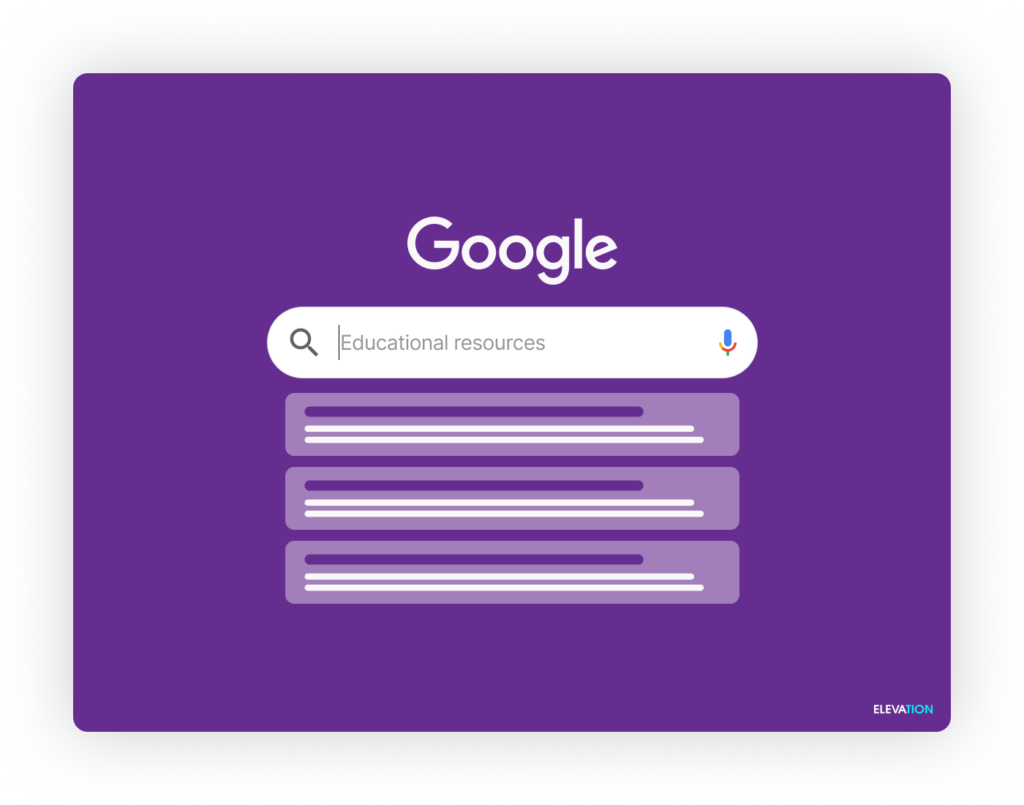
Keyword Inspiration for Educational Campaigns
Choosing the right keywords can significantly impact campaign performance. Focus on terms aligned with your offerings and audience intent.
Here are suggestions based on common educational nonprofit goals:
General Keyword Examples
- “Education support nonprofits”
- “Free after-school programs”
- “Community learning opportunities”
Volunteering Keyword Examples
- “Volunteer as a reading tutor”
- “Mentorship programs near me”
- “Become a youth mentor”
Fundraising Keyword Examples
- “Donate to education nonprofits”
- “STEM funding opportunities”
- “Sponsor student scholarships”
Program-Specific Keyword Examples
- “Adult ESL learning programs”
- “STEM workshops for kids”
- “Parent literacy initiatives”
Event-Centric Keyword Examples
- “Webinars for teachers”
- “Community book drives near me”
- “Teacher training events”
To optimize ad performance, prioritize long-tail keywords such as “free summer literacy programs for high school students.” Long-tail keywords are specific, multi-word phrases that match the precise intent of users, making them more effective at connecting with your target audience than broad, generic terms.
Additionally, use negative keywords to screen out irrelevant traffic. Negative keywords are terms that prevent your ads from being triggered by unrelated searches, ensuring that your ad budget is focused solely on reaching the right audience. For instance, you might exclude keywords like “unpaid internships” if they aren’t relevant to your campaigns.
If schools in your network are looking to enhance their digital presence, don’t miss sharing 12 Best School Website Designs for inspiration on creating user-friendly, standout websites.
Unlocking the Power of the Grant
The Google Ad Grant provides enormous potential to transform your nonprofit’s outreach when used correctly. Follow these best practices to maximize its value:
1. Build Effective Landing Pages
Each ad should lead to a thoughtful, focused landing page. For example, an ad for an after-school program should highlight specific offerings, schedules, and an easy-to-find sign-up form.
2. Optimize Continuously
To stay compliant and achieve top performance, nonprofits need to actively manage their ad accounts. This includes frequently refreshing ad copy, refining keyword lists, and ensuring click-through rates meet Google’s standards.
3. Leverage Performance Max
Google’s Performance Max (PMax) campaigns allow nonprofits to take advantage of advanced tools for broad visibility, expanding across YouTube, Gmail, and more. These AI-optimized campaigns adjust based on performance for effective results.
4. Measure What Matters
Set clear goals. Whether you aim to increase event sign-ups, boost volunteer interest, or hit fundraising milestones, tracking the right metrics ensures you stay on course. Tools like Google Analytics simplify this process while providing actionable insights.
Transformation at Your Fingertips
The Google Ad Grant is more than just free advertising; it’s an opportunity to build impactful connections and help educational nonprofits reach those who need them most. Imagine connecting students with new learning opportunities, attracting passionate volunteers, or inspiring donors to support your mission. The possibilities are endless.
By starting small, scaling campaigns responsibly, and continuously refining, your nonprofit can exceed its goals. And if the process feels overwhelming, Elevation’s team of Google Ad Grant experts are here to help guide you to success.
